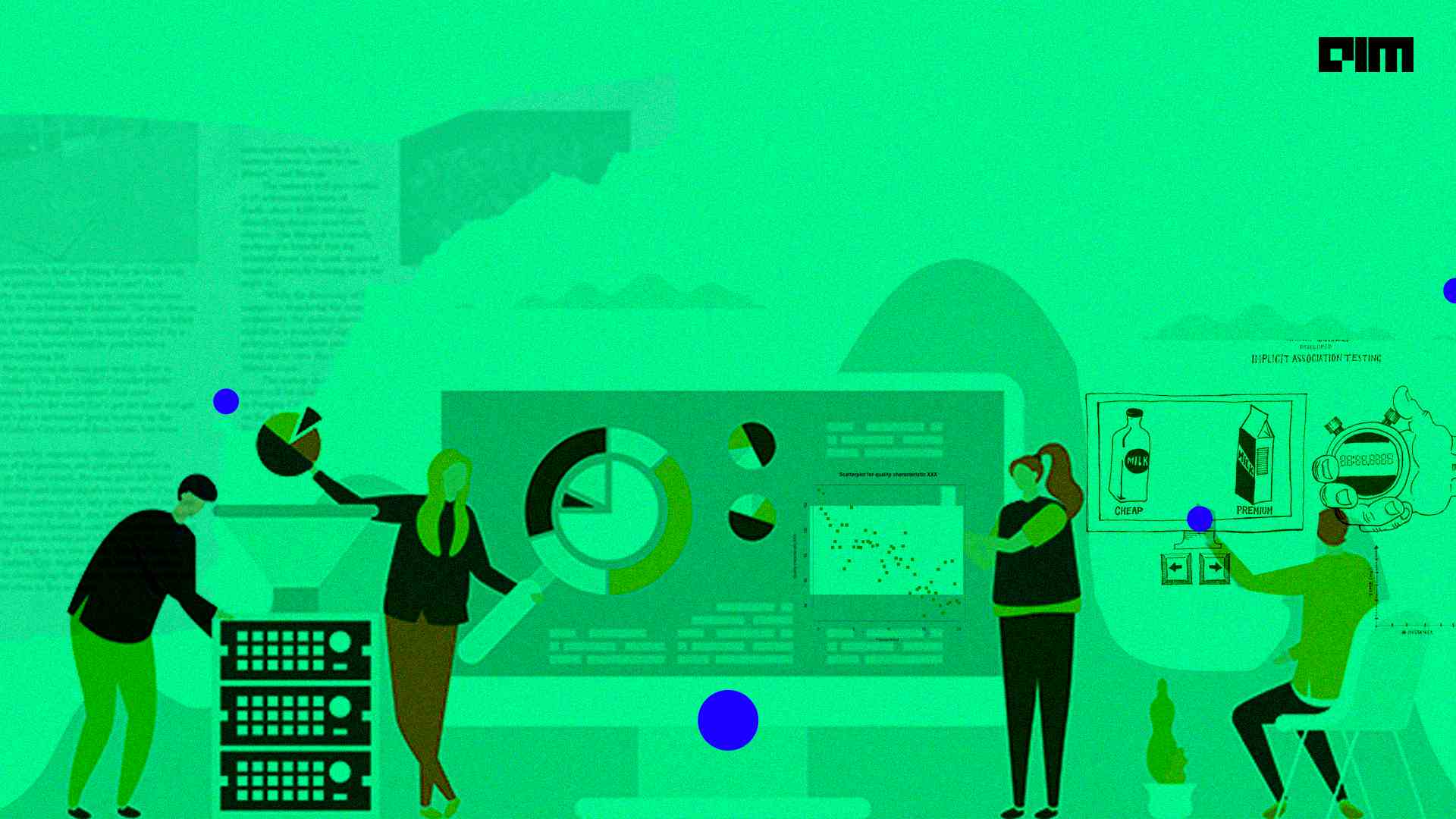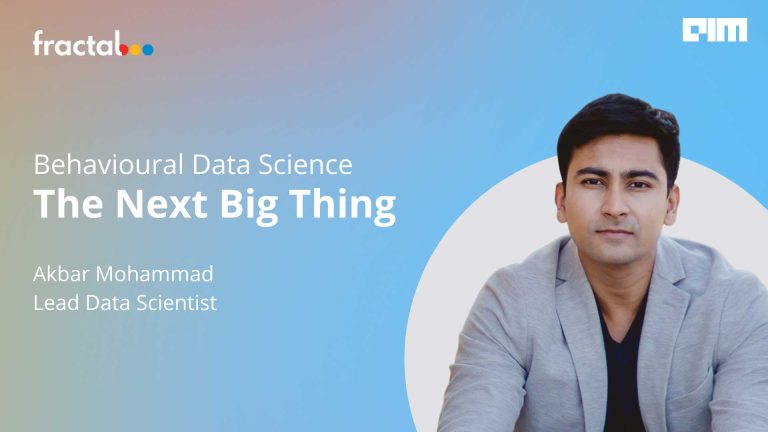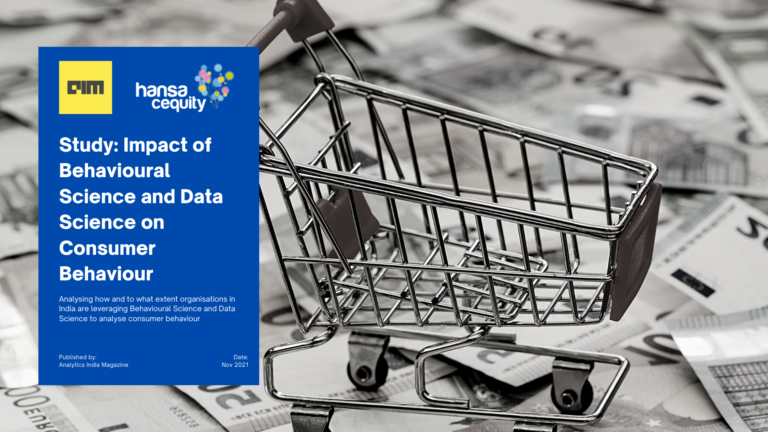The field of marketing has benefited immensely from the breakthroughs in behavioural science — an amalgamation of social sciences, psychology, and anthropology. The marketers leverage insights gleaned from customer behaviour and purchasing patterns to design targeted campaigns.
Implicit Association Test is a popular behavioural science tool used in marketing. Ideated in 1995, the psychological test was first put to use in1998.
Both academics and businesses use the Implicit Association Test to uncover unconscious attitudes and prevalent beliefs in the market. However, experts warn against confusing the popularity of the test with its accuracy.
IAT and consumer behaviour
Behavioral science has major applications in marketing. Uncovering insights into customer behaviour, including their implicit attitudes, has helped organisations in understanding the impact of factors like social image, ethnocentrism, celebrity endorsement, etc in decision making.
The study of implicit customer behaviour offers advanced insights into their decision-making without asking direct questions. Most of these techniques study aspects like body language, hand gestures, voice, facial expressions to understand preferences and emotions.
With Implicit Association Test, researchers can delve deep into implicit cognitive processes like attitude formation, response to advertising, and the links between brands and consumer self-concept.
Consumer behaviour, more often than not, takes shape in the absence of conscious deliberation. While a large section in the marketing world believes in the rational decision-making process dependent on analytical reasoning and heavily driven by data, I believe that attitudes, interests, lifestyle, deliberation, and gut feeling also mould customer behaviour. And techniques like IAT offer a fair shot at assessing such aspects.
Industries like telecommunications and media rely heavily on customer ethnocentrism. This makes the analysis of implicit consumer behaviour attitudes towards ethnocentrism more relevant in these fields.
For other data-intensive fields like BFSI and retail, data science and analytics are the most powerful tools. With more customers buying products and services online, a huge wealth of transactional data is available. Organisations can benefit from a data-driven approach that leverages behavioural science to improve business outcomes.
Many consumer processes in these sectors are digitised. The user experience of their websites can impact consumer behaviour. Hence, companies pay great attention to the self-reports generated by these websites for data analysis. While self-reports are useful tools, these methods may lack inferences on implicit attitudes. Few studies have shown that IAT can complement and in some cases even replace these self-reports to get better results.
Challenges of IAT
Though IAT has been tabbed as the next big thing in behavioural sciences, the test is not without controversy. Journalist Jesse Singal called out IAT developers, Mahzarin Banaji and Anthony Greenworld, in a scathing article. He accused IAT developers and its advocates for making ‘a series of outsize claims’ especially with regard to racism and inequality. He chalked up the immense popularity of IAT to such unfounded claims.
The critics of IAT have pointed out that the results of the test can be compromised and manipulated. In many cases, participants may not correctly follow the instructions or may get distracted during critical blocks. To alter scores, participants can deliberately make errors or modify response time. Something as trivial as changing hand positions can influence the result.
Interestingly, machine learning can offer a solution to deal with the shortcomings of IAT. Many researchers have shown that advanced AI techniques can help improve predictions via image classification algorithms. Further, an advanced data-driven approach could improve the accuracy of the IAT test findings.
Of late, researchers and experts have been rallying for incorporating data science techniques into behavioural science tools to refine the results.
This article is written by a member of the AIM Leaders Council. AIM Leaders Council is an invitation-only forum of senior executives in the Data Science and Analytics industry. To check if you are eligible for a membership, please fill the form here.


















































































